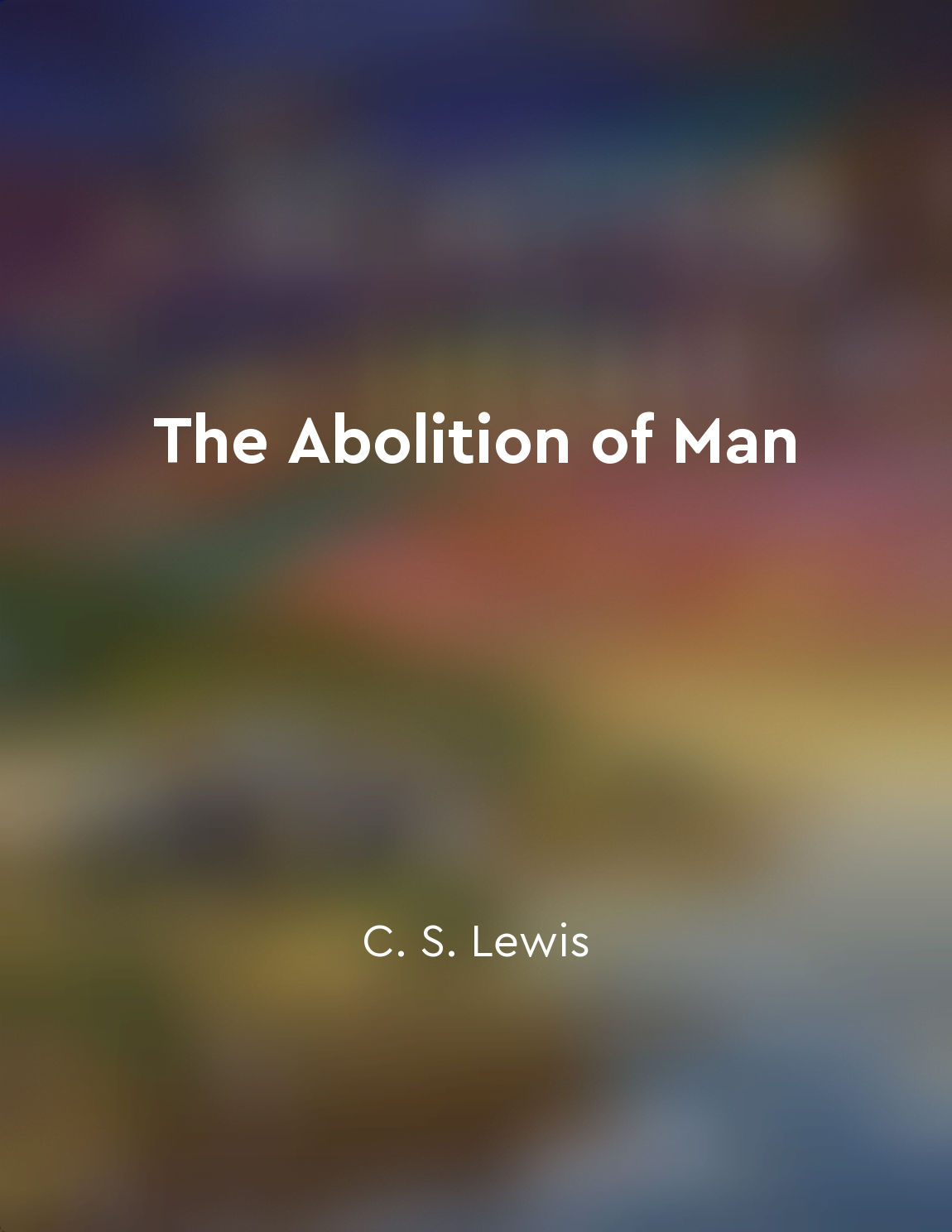Morality as a product of reason from "summary" of Fundamental Principles of the Metaphysic of Morals by Immanuel Kant
Morality, according to Kant, is not something that is imposed upon us by external forces or authorities. Instead, it is a product of our own reason. This means that morality is not something that we passively receive, but something that we actively construct through the use of our rational faculties. When we engage in moral reasoning, we are not simply following a set of rules or principles that have been handed down to us. Instead, we are using our rational capacities to determine what is right and what is wrong in a given situation. This requires us to think critically about our actions and their consequences, and to consider how they align with universal moral laws. For Kant, the key to understanding morality as a product of reason lies in the concept of the categorical imperative. This is the idea that moral laws must be universalizable, meaning that they must apply to all rational beings in all situations. By following this principle, we can arrive at moral truths that are objective and binding on all individuals. In this way, morality is not simply a matter of personal preference or cultural convention. Instead, it is a product of our capacity for rational thought, and it is based on principles that are accessible to all rational beings. This means that morality is not arbitrary or subjective, but is grounded in the fundamental nature of rationality itself.- Kant argues that morality is not something that is imposed upon us from the outside, but is something that we construct through the exercise of our own reason. By recognizing the role of reason in determining what is right and what is wrong, we can develop a deeper understanding of the nature of morality and our own moral obligations.
Similar Posts
The sublime reveals the limits of human understanding
The experience of the sublime, according to Kant, is one that goes beyond mere beauty. While beauty appeals to our sensuous fac...
Moral foundations can be manipulated for political gain
Moral foundations are the deeply held beliefs that shape our understanding of right and wrong, guiding our judgments and decisi...
Transcendental aesthetic explains sensibility
The Transcendental Aesthetic, as expounded in the Prolegomena to Any Future Metaphysics, serves as a foundational framework for...
Thomas Aquinas reconciled Aristotelian philosophy with Christian doctrine
Thomas Aquinas, a towering figure in medieval philosophy, sought to bridge the gap between Aristotle's teachings and Christian ...

The significance of the Tao as a universal moral law
The Tao, as a universal moral law, holds great significance in shaping the ethical framework of human society. It is not merely...
Embracing reason over faith leads to personal enlightenment
The idea that embracing reason over faith leads to personal enlightenment is a central theme in the book "Why I am an Atheist" ...
The moral life is a life guided by reason
The moral life, according to Immanuel Kant, is one that is guided by reason. Kant argues that morality is not based on feelings...
Categories of understanding organize experience
In order to comprehend the nature of experience, it is essential to recognize the role played by the categories of understandin...
The motivation behind an action is what gives it moral worth, not the outcome
According to Immanuel Kant, the moral worth of an action is not determined by its outcome, but rather by the motivation behind ...

